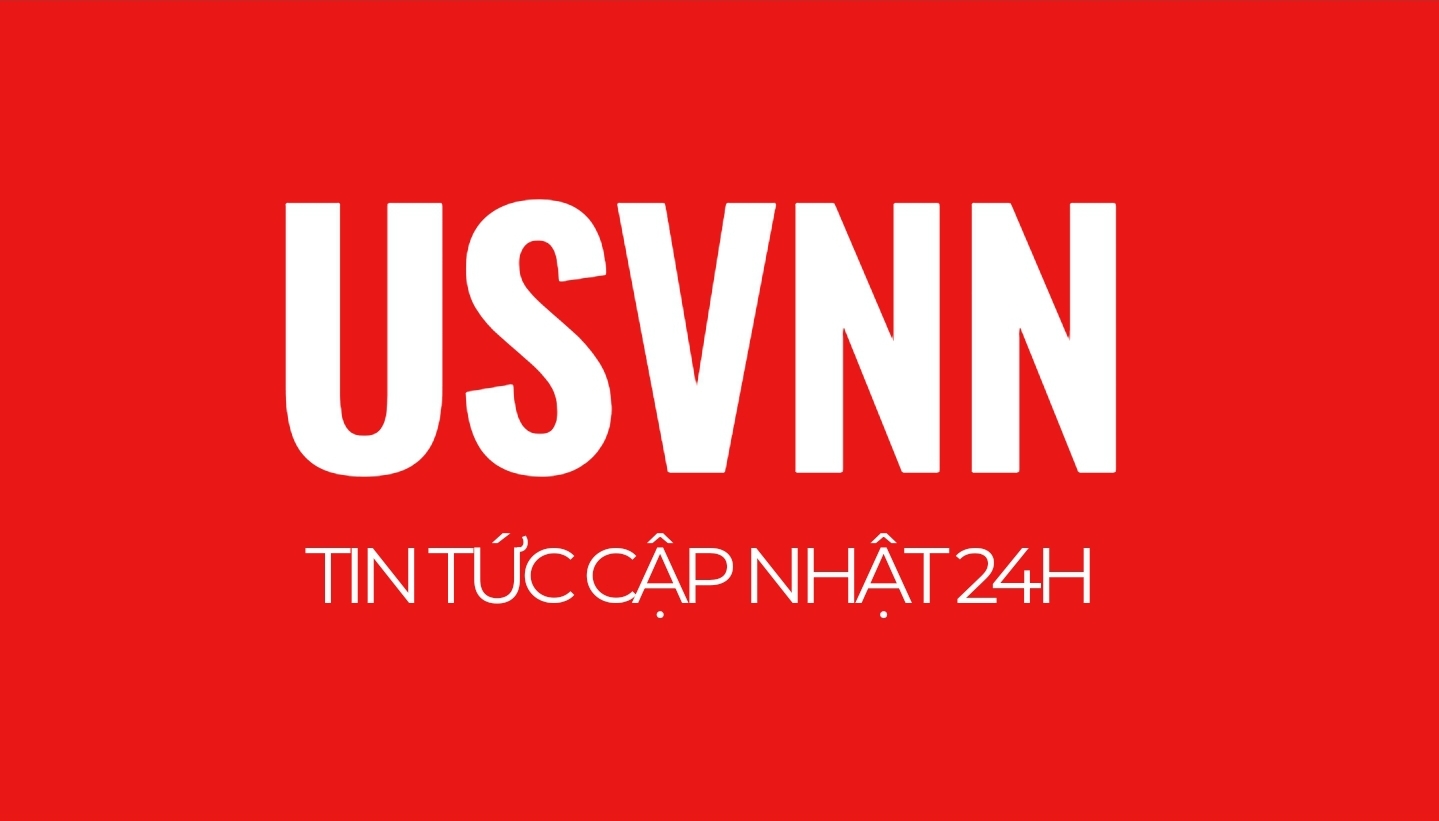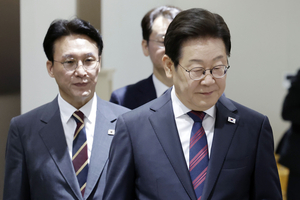Dưới đây là phiên bản viết lại của toàn bộ phần tóm tắt 800 từ về kế hoạch cải tổ chính phủ lớn của Hàn Quốc dưới thời Tổng thống Lee Jae Myung và bản dịch sang tiếng Việt:
—
## Rewritten Summary (English)
South Korea is undergoing preparations for a major overhaul of its government structure as President Lee Jae Myung’s administration considers key restructuring proposals submitted by the State Affairs Planning Committee. One of the most pivotal recommendations under internal scrutiny would shift the authority to draft the national budget away from the Ministry of Economy and Finance to a newly proposed agency under the Prime Minister’s Office. The presidential office has confirmed receipt of these plans but emphasized that no final decisions have been made.
This sweeping reform aligns with President Lee’s campaign platform, which emphasized transparency, decentralization of power, and institutional checks and balances. Central to his commitment was the pledge to remove budget-related responsibilities from the Ministry of Economy and Finance, which has held exclusive control over fiscal planning since 2008. That change, implemented during former President Lee Myung-bak’s administration, consolidated economic planning and spending under one ministry—a move that has long stirred concerns over excessive centralization of power. The current reform would preserve the Ministry’s economic policy function but could potentially transfer financial oversight roles, such as those currently managed by the Financial Services Commission, to other bodies.
Beyond budgetary realignment, the proposed restructuring includes a broad range of institutional reforms. Notably, the administration is examining a revamp of the prosecution service by dividing its investigative and prosecutorial roles into two independent offices. This proposal addresses deep-rooted concerns about prosecutorial overreach and political interference, aiming to introduce greater neutrality into the justice system. Such moves are part of a broader drive to rebuild public trust in government, which has been shaken by recent instability and controversy in both politics and economic policy.
Additional changes under consideration include the creation of a dedicated ministry to tackle climate change and promote renewable energy initiatives. This reflects South Korea’s increasing focus on environmental policy and sustainable development. In tandem, the Lee administration also plans to elevate the Ministry of Gender Equality, indicating a focus on social inclusion and gender equity. Another notable suggestion is to have the incoming science minister also assume the role of deputy prime minister, thereby increasing the weight of science and innovation in governmental decision-making processes.
These major reforms are unfolding amid a period of political flux and institutional pressure. Following the impeachment of former President Yoon Suk-yeol, the country operated under an interim administration led by acting President Han Duck-soo until Lee secured victory in a closely contested election. Given the accelerated nature of this transition, President Lee’s government has prioritized institutional reorganization to ensure governance continuity and effectiveness from day one.
Within this context, both ruling and opposition parties have voiced a desire for greater national unity and long-term policy coherence. Though divided ideologically, there is consensus on the need for strategic alignment on pressing issues, including economic security, international trade policy, technological independence, and regional cooperation. The Lee administration is hoping its overhaul will help bridge widening political and regional divides, while simultaneously improving living conditions for ordinary citizens burdened by inflation, unemployment, and global uncertainty.
A centerpiece of President Lee’s agenda is economic revitalization. One of his first major policy moves was to introduce a supplementary budget of 31.8 trillion won (around $23.3 billion USD), mainly aimed at stimulating consumer spending through targeted cash subsidies. This fiscal measure signals the administration’s intent to bolster domestic demand and combat sluggish economic growth amid increasing global trade risks, especially as the country faces impending tariff challenges in ongoing trade talks with the United States.
The reorganization efforts also target chronic vulnerabilities that have hindered national competitiveness. The State Affairs Planning Committee is drafting a comprehensive blueprint to facilitate technological innovation-driven development and reduce disparities between regions and industries. To this end, key initiatives include enhanced tax credits for AI data center investments, streamlined regulatory approvals for digital infrastructure projects, and strengthened support for basic research—areas previously undermined by repeated budget reductions. These steps aim to re-position South Korea as a global frontrunner in advanced industries and research excellence.
In conclusion, President Lee Jae Myung’s planned reorganization of South Korea’s government is far-reaching and ambitious. By redistributing budgeting authority, reforming the judiciary, establishing new ministries in critical policy areas, and prioritizing technological and environmental advancement, the Lee administration aims to modernize the government’s structure in line with evolving national priorities. Coupled with fiscal stimulus and institutional reform, these changes are designed to restore trust in governance, promote equity, and equip South Korea to navigate both domestic pressures and global uncertainties more resiliently.
—
## Dịch sang Tiếng Việt (Vietnamese Translation)
Hàn Quốc đang tiến hành chuẩn bị cho một cuộc cải tổ quy mô lớn trong bộ máy chính phủ khi chính quyền của Tổng thống Lee Jae Myung xem xét các đề xuất tái cấu trúc từ Ủy ban Kế hoạch Quốc sự. Một trong những đề xuất quan trọng nhất đang được xem xét là chuyển quyền lập kế hoạch ngân sách quốc gia từ Bộ Kinh tế và Tài chính sang một cơ quan mới trực thuộc Văn phòng Thủ tướng. Văn phòng Tổng thống xác nhận đã nhận được các đề xuất này nhưng nhấn mạnh rằng chưa đưa ra quyết định cuối cùng.
Cải cách sâu rộng này phản ánh các cam kết từ chiến dịch tranh cử của Tổng thống Lee, trong đó nhấn mạnh tính minh bạch, phân quyền và tăng cường kiểm soát quyền lực. Trọng tâm là cam kết tách chức năng lập ngân sách khỏi Bộ Kinh tế và Tài chính—một quyền lực đã được tập trung tại đây từ năm 2008 dưới thời cựu Tổng thống Lee Myung-bak. Việc tập trung quyền lực này từng dấy lên nhiều tranh cãi về khả năng kiểm soát nội bộ. Theo kế hoạch cải cách, Bộ Kinh tế và Tài chính sẽ vẫn đảm nhận vai trò hoạch định chính sách kinh tế, nhưng một số chức năng tài chính, chẳng hạn như giám sát thị trường vốn hiện đang do Ủy ban Dịch vụ Tài chính quản lý, có thể được chuyển giao.
Ngoài thay đổi về quyền lập ngân sách, kế hoạch cải tổ còn bao gồm hàng loạt cải cách tổ chức khác. Một cải cách lớn là tái cấu trúc hệ thống công tố, tách rời chức năng điều tra và truy tố, nhằm ngăn chặn sự lạm quyền và can thiệp chính trị vào tư pháp. Đề xuất này được kỳ vọng sẽ củng cố tính công bằng trong hệ thống tư pháp và khôi phục lòng tin của công chúng vào các thể chế nhà nước—vốn gần đây đã bị xói mòn do bất ổn chính trị và biến động kinh tế.
Chính phủ cũng đang xem xét thành lập một bộ chuyên trách về biến đổi khí hậu và năng lượng tái tạo, phản ánh cam kết với chính sách môi trường và phát triển xanh. Đồng thời, chính quyền của Tổng thống Lee muốn tăng cường vai trò của Bộ Bình đẳng Giới, biểu thị ưu tiên về công bằng xã hội và hòa nhập. Một đề xuất nổi bật khác là để Bộ trưởng Khoa học kiêm nhiệm chức Phó Thủ tướng, qua đó tăng cường vai trò của khoa học và công nghệ trong hoạch định chính sách quốc gia.
Những cải cách này đang được thực hiện trong bối cảnh chính trị đầy biến động, sau khi Tổng thống Yoon Suk-yeol bị luận tội và phế truất, và chính phủ lâm thời do Quyền Tổng thống Han Duck-soo dẫn dắt cho đến khi ông Lee thắng cử trong một cuộc bầu cử đầy cam go. Chính vì thiếu thời gian chuyển giao, xây dựng bộ máy nhà nước hiệu quả trở thành ưu tiên hàng đầu ngay từ đầu nhiệm kỳ.
Trong bối cảnh đó, cả chính phủ và phe đối lập đều kêu gọi sự đoàn kết quốc gia và định hướng chính sách dài hạn. Dù còn nhiều khác biệt về tư tưởng, các bên đều đồng thuận về nhu cầu cấp bách phải thống nhất chiến lược trước các vấn đề then chốt như an ninh kinh tế, thương mại quốc tế, công nghệ và quan hệ ngoại giao khu vực. Chính quyền Lee kỳ vọng cuộc cải tổ sẽ giúp giảm chia rẽ trong xã hội và khu vực, đồng thời nâng cao chất lượng đời sống người dân.
Một trọng tâm lớn trong chương trình nghị sự của ông Lee là phục hồi nền kinh tế. Gói ngân sách bổ sung trị giá 31,8 nghìn tỷ won (khoảng 23,3 tỷ USD) vừa được công bố là biện pháp kích thích tiêu dùng nội địa đầu tiên từ đầu nhiệm kỳ, qua đó cho thấy quyết tâm của chính phủ đối phó với tăng trưởng yếu và rủi ro thương mại đang ngày càng gia tăng, đặc biệt là trong mối quan hệ với Hoa Kỳ.
Ngoài ra, kế hoạch cải tổ còn nhằm khắc phục những điểm yếu cố hữu trong nền kinh tế và quản trị nhà nước. Ủy ban Kế hoạch Quốc sự đang xây dựng một chiến lược tập trung vào tăng trưởng dựa trên đổi mới công nghệ và thu hẹp khoảng cách phát triển giữa các vùng và ngành công nghiệp. Các biện pháp then chốt bao gồm mở rộng ưu đãi thuế cho đầu tư hạ tầng AI, đơn giản hóa thủ tục phê duyệt và khôi phục hệ sinh thái nghiên cứu cơ bản từng bị cắt giảm ngân sách.
Tóm lại, kế hoạch cải tổ sắp tới của Tổng thống Lee Jae Myung thể hiện tham vọng tái cấu trúc toàn diện chính phủ Hàn Quốc từ tổ chức ngân sách đến cải cách tư pháp, thành lập các bộ mới về môi trường và bình đẳng giới, đồng thời tăng cường vai trò của công nghệ và khoa học. Kết hợp với các


